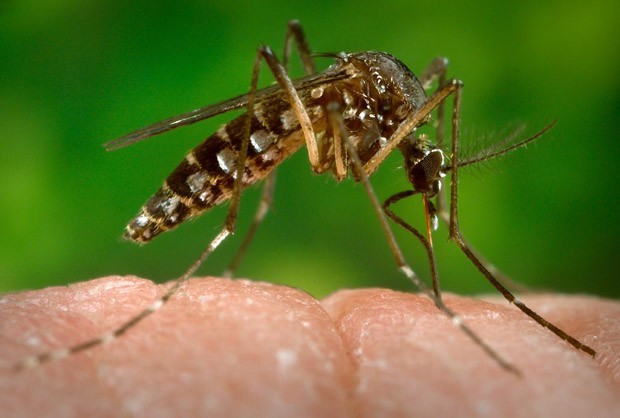The World Health Organization has now declared Zika Virus a Public Health Emergency of international concern, although the body says there’s no scientific link yet between the virus and its main effect: microcephalus, which gives babies abnormally small heads.
Margaret Chan, WHO’s director-general, said on Monday in Geneva that the experts agreed in their “strong suspicion” of a causal relationship between Zika during pregnancy and microcephaly.
She also indicated the scare leading to international travel bans is not quite justified, going by the findings of the emergency committee.
Zika virus ravages South America
“The Committee found no public health justification for restrictions on travel or trade to prevent the spread of Zika virus,” she said.
“At present, the most important protective measures against Zika virus are the control of mosquito populations, prevention of mosquito bites in at-risk individuals, especially pregnant women.”
Chan, however, advised pregnant women to consider delaying travel to Zika virus-affected areas as well as protect themselves with safe mosquito repellant or long clothing.
Agriculture makes a clearer path to economy — Erikume
Nigeria’s Health Minister Isaac Adewole issued a travel alert last week, warning Nigerians travelling to the Americas. And he insisted the ban remains.
Brazil reported, the most affected country now, had its first case of Zika virus last May.
The disease has spread to 22 other countries and territories in the region, according to WHO.
Apart from microcephalus, there are cases of Guillain-Barré syndrome, a poorly understood condition in which the immune system attacks the nervous system, sometimes resulting in paralysis.
Some German researchers, however, claim they have developed a diagnostic test that can accurately detect the Zika virus in humans.
“Weight loss surgery is to make you live better, not look better”
The biotechnological company, Genekam, says the technology can reveal the presence of Zika pathogens in a blood sample while giving the viral load in the patient’s blood.
The new test is said to be able to determine if a person is a carrier of the Zika virus, and renders diagnostic results in real time.
According to Sudhir Bhartia, one of the researchers, the test examines DNA and works with chemicals that react to the Zika virus only—similar pathogens like Dengue fever won’t show up in the results.

 Health5 days ago
Health5 days ago
 Entertainment7 days ago
Entertainment7 days ago
 Crime6 days ago
Crime6 days ago
 Education1 week ago
Education1 week ago
 Health1 week ago
Health1 week ago
 Comments and Issues7 days ago
Comments and Issues7 days ago
 Football7 days ago
Football7 days ago
 Latest6 days ago
Latest6 days ago










